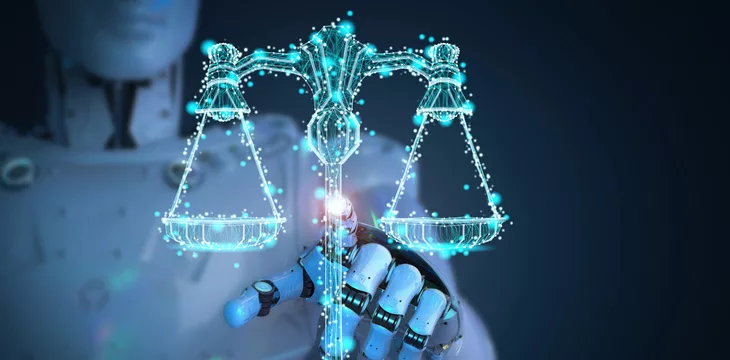|
Getting your Trinity Audio player ready...
|
As artificial intelligence (AI) continues to become popular, two Japanese companies are raising alarm over the potential downsides of the technology if left unchecked by governments.
In a report by the Wall Street Journal, telecommunications company Nippon Telegraph and Telephone (NTT) and publishing giant Yomiuri Shimbun Group voiced a warning on the state of AI regulation.
In a joint manifesto, both companies surmised that rapid AI innovation could trigger the collapse of democracy and social order on a global stage. The manifesto suggests that bad actors and belligerent states can leverage technology to destabilize the world order.
Deepfakes and the propensity for fake information topped the charts for leading AI concerns, with the companies noting that wars and global conflicts will be the end result. A Yomiuri publication at the start of the year noted that generative AI platforms have been shown to support the “dissemination of discriminatory ideas or the creation of weapon-making knowledge.”
To prevent a global catastrophe, the two companies are amplifying the calls for stricter AI regulations and a uniform global standard for their deployment across key sectors of the economy.
The manifesto namechecks elections and national security as key areas for regulators to focus the bulk of their attention given the potential impacts of AI.
As part of their efforts to support safe AI innovation, NTT and the Yomiuri Shimbun Group have formed a research group comprising experts from Keio University to probe the long-term implications of the technology.
Since AI became mainstream, there have been several attempts to roll out a global regulatory standard, including the Bletchley Declaration. While the European Union (EU) appears to have adopted a regional outlook, the United Nations (UN) and G20 member states are advancing with a global outlook toward regulating emerging technologies.
A litany of problems
Apart from the challenge of misleading voters and destabilizing society, AI still has major issues to contend with. For AI developers, the issue of copyright infringement has shown little to no signs of concluding, while privacy breaches continue to threaten the future of the technology.
Inherent problems, including bias, sycophancy, and power-seeking traits, continue to threaten AI safety. Other issues plaguing AI include a lack of transparency and the impact of errors in critical sectors like finance and healthcare.
In order for artificial intelligence (AI) to work right within the law and thrive in the face of growing challenges, it needs to integrate an enterprise blockchain system that ensures data input quality and ownership—allowing it to keep data safe while also guaranteeing the immutability of data. Check out CoinGeek’s coverage on this emerging tech to learn more why Enterprise blockchain will be the backbone of AI.
Watch: How blockchain will keep AI honest

 08-26-2025
08-26-2025 





